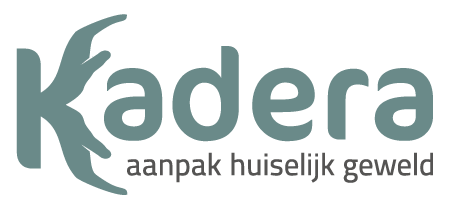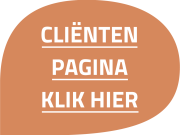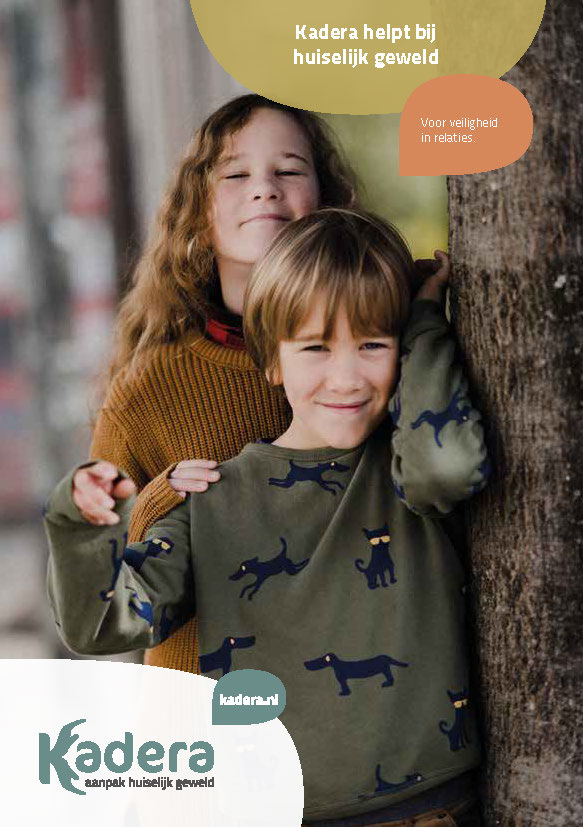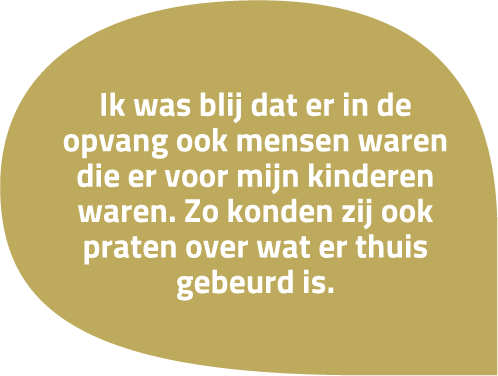I am looking for help
People whose homes are unsafe or at risk thereof can seek help from Kadera.
If you are experiencing domestic abuse, there is help available. At Kadera, we work with you to determine how to end the abuse and help you regain control of your life. You and your children have a right to a safe and secure future.
Kadera can assist in various ways. When you contact us, a social worker will work with you to see if Kadera can provide suitable help. This may involve providing acute care, regular placement in a shelter, help at home, or the Aware alarm system. You can also call our social workers for advice about your situation.
After the initial interview, the social worker will make an appointment for an intake interview. During the intake interview, you can discuss your situation with the social worker from the Toegang en Trajecten team and assess your needs together. The care pathway will be initiated after the intake interview. We have a limited number of placements in our shelter. You might be placed on the warm referral list, or our staff may assess whether you are better off staying elsewhere.
Kadera provides care on a voluntary basis. We do not want, cannot and will not oblige you to anything, you can decide for yourself whether you want to use the help we offer. You can also decide not to accept our offer after the intake. Shelter and assistance do come with certain rules. The social worker will discuss the rules with you.
The intake interview may lead to the conclusion that you should use our care temporarily. In that case, you can be admitted to one of our shelters, potentially with your children. Kadera offers shelter to men, women and their children in Enschede and Zwolle. This page includes a checklist and some preliminary information for when you arrive at the shelter. You can also preview photos of the shelter and potentially show them to your children.




